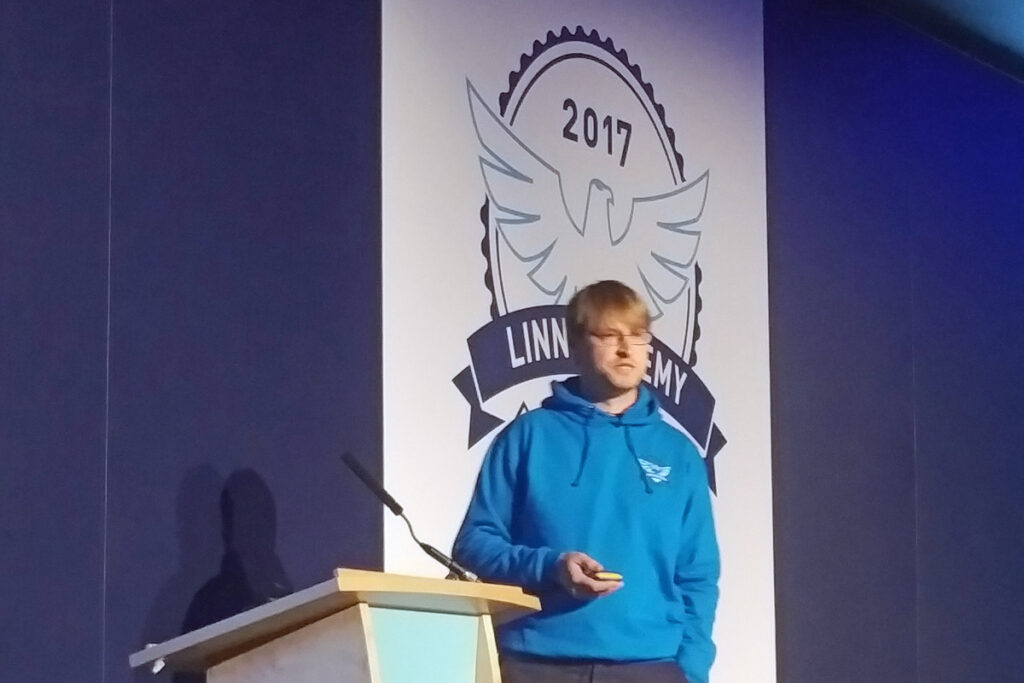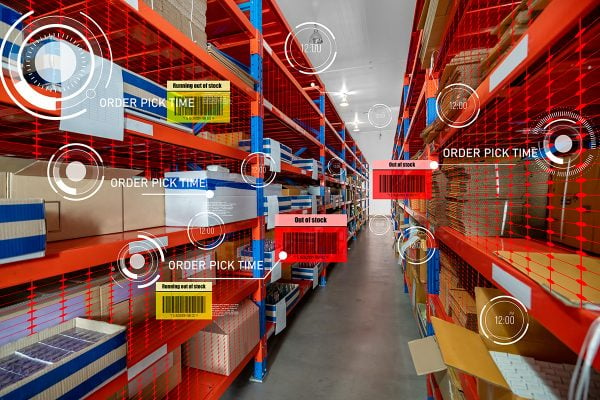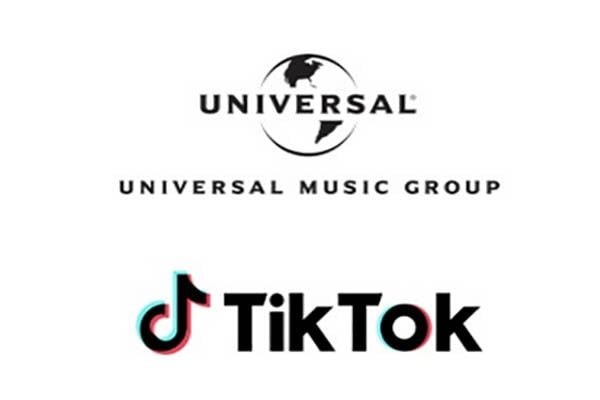 David Brackin is a regular contributor to Tamebay and is the co-founder of Stuff U Sell. He has sold over 250,000 different items on eBay.
David Brackin is a regular contributor to Tamebay and is the co-founder of Stuff U Sell. He has sold over 250,000 different items on eBay.
He was at Linnworks annual Linn Academy conference this week and this is his report from Linnnworks founder Fedor Djzuba’s talk:
The Job is Not Done
Linnworks’ founder, Fedor, spoke at Linnworks academy in Birmingham on Tuesday about where he sees Linnworks heading and what motivates him to keep developing the product.
For a software developer, he is able to paint a refreshingly honest view of how people in his line of work are part of the problem that the world now faces. While technology — and the software that runs on it — allows a vast improvement in nearly all areas of modern life, it sometime feels like we are working for the technology rather than the other way round. Individual software companies work hard to solve specific problems but they invariably fail to work with each other and each blames the other for the failings. The result is many ours of time spent frustratingly trying to make “automated systems” work. And even when they do work, the updates and modifications that constantly-nagging technology demands, means that an alien might imagine that we work for the machines, not the other way round.
When it comes to business software, the same problem occurs – with layers and layers of applications brought in to solve individual problems until there are so many that it seems that the business is spending all its time working to keep its critical IT infrastructure working. And it’s a treadwheel that you can’t get off: if any part stops working for long it will bring the business to a grinding halt.
As a small business owner (and someone with a smart phone), this is certainly a familiar feeling. Dealing with email and notification proliferation together with the updates and bugs is a full-time job: it sometimes feels like there’s no time left in the day to do the actual work required to advance the business. I’m sure all readers feel this way from time to time.
Rounding out his talk to articulate what drives him onwards, Fed reflected that Linnworks started out very simply as a system initially for his own use and then to help other sellers with their order management problems, but it too has grown large and complicated. His job now, as he sees it, is to bring it back to a human-centric tool with the main aim of making all users better versions of themselves rather than slaves to the machine. That would be most welcome.










One Response
Perfect summary. Thank you David.